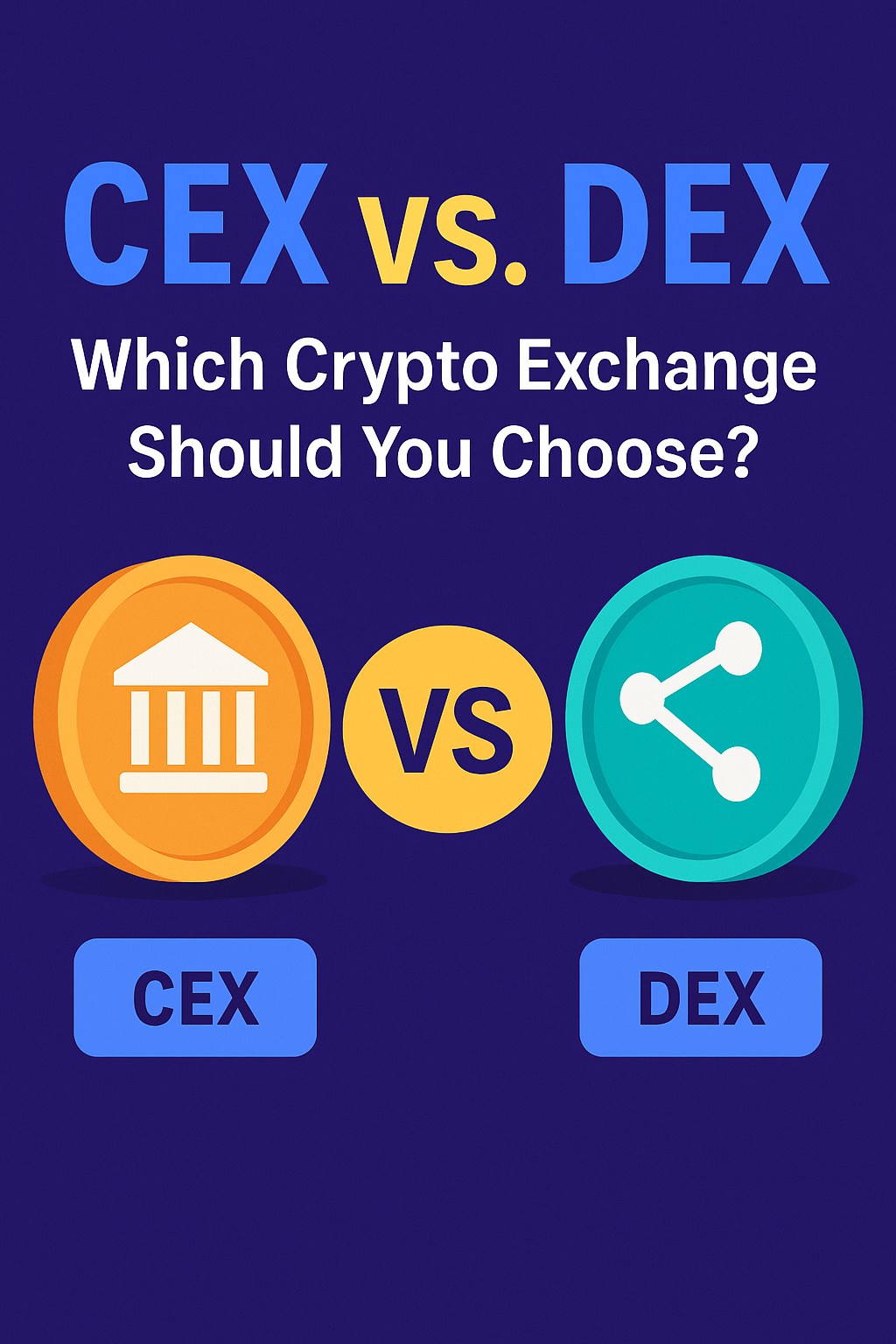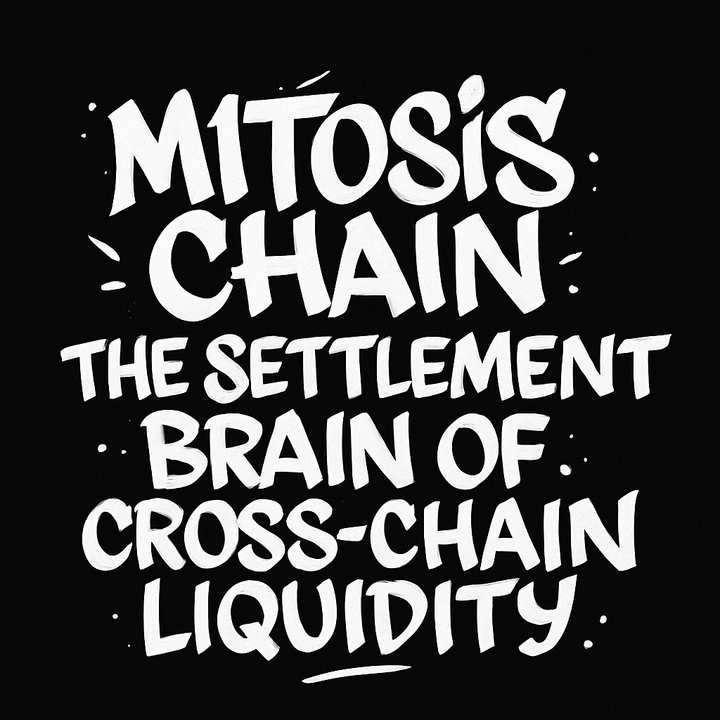CEX vs. DEX: Which Crypto Exchange Should You Choose?

Deciding between a centralized exchange (CEX) and a decentralized exchange (DEX) is a pivotal choice for crypto traders and investors. Each type offers unique benefits and challenges, and your decision depends on your priorities,security, control, ease of use, or privacy.
Centralized Exchanges (CEXs):
What are CEX, simply means platforms that are managed by companies, platforms like Binance, Coinbase, and Kraken are managed by companies that hold your funds in custodial wallets and facilitate trades.
Why would you choose CEX since these are private owned companies?
1. Its User-Friendly, CEXs have intuitive interfaces, mobile apps, and customer support, making them ideal for beginners.
2. Fiat Access, with CEX you buy crypto directly with fiat (e.g., USD, EUR) via bank cards or transfers, a feature rare on DEXs.
3. High Liquidity, CEXs offer fast trades with minimal price slippage, perfect for high-volume traders.
4. Extra Features: Many provide margin trading, staking, or portfolio tools for advanced users.
But CEX has its drawbacks, like:
1. Security Risks: Custodial wallets are hackable, e.g., Mt. Gox lost ~$450M in 2014. Despite improved security, risks remain.
2. Less Control: You trust the exchange to manage your funds, which can lead to frozen accounts or restrictions.
3. KYC Requirements: Most CEXs demand identity verification, reducing privacy.
Best For: Beginners, high-volume traders, or those needing fiat on-ramps and okay with KYC.
Decentralized Exchanges (DEXs)
What Are DEXs? Unlike CEX they aren't ownrd by individual companies, platforms like Uniswap and PancakeSwap use blockchain smart contracts for peer-to-peer trading, with funds stored in your non-custodial wallet.
Why Choose a DEX?
1. Full Control, You hold your private keys, aligning with crypto’s decentralized ethos no third party can freeze your funds.
2. Privacy: DEXs rarely require KYC, ideal for anonymity or users in underbanked regions.
3. DeFi Access: Trade niche tokens and engage in yield farming or other DeFi protocols not available on CEXs.
4. Lower Hack Risk: No centralized servers holding funds, though smart contract bugs can still cause losses.
But inasmuch as we have the pros, it comes with certain amount of drawbacks
1. Complex Interface: Using wallets (e.g., MetaMask) and navigating blockchains can be tough for newbies.
2. No Fiat On-Ramps, which mean you typically need crypto to start, often requiring a CEX first.
3. Liquidity and Costs: Lower liquidity can mean price slippage, and fees (e.g., Ethereum gas) can spike during network congestion.
Best For: Privacy-focused users, DeFi enthusiasts, or those comfortable with blockchain tech.
How to Choose the best for you and what to consider?
1. Skill Level: New to crypto? CEXs like Coinbase are easier to navigate or are you a Tech savvy? DEXs like Uniswap offer more control.
2. Security vs. Responsibility: CEXs are convenient but riskier due to hacks. DEXs shift security to you lose your private key, lose your funds.
3.Trading Needs: For frequent trades or fiat purchases, pick a CEX. For rare tokens or DeFi, go with a DEX.
4. Privacy: Need anonymity? DEXs are better. Fine with KYC? CEXs offer more features.
The Bottom Line
• Pick a CEX for ease of use, fiat access, or high-volume trading.
Recommended: Coinbase for beginners, Binance for advanced tools.
• Pick a DEX for privacy, control, or DeFi opportunities.
Recommended: Uniswap (Ethereum), PancakeSwap (Binance Smart Chain).
• Hybrid Approach: Many users buy crypto on a CEX, then trade on a DEX for privacy or DeFi. Research fees and security before choosing.
Your ideal exchange depends on your experience, goals, and comfort with managing your own keys. Evaluate these trade-offs to make an informed decision.



Comments ()